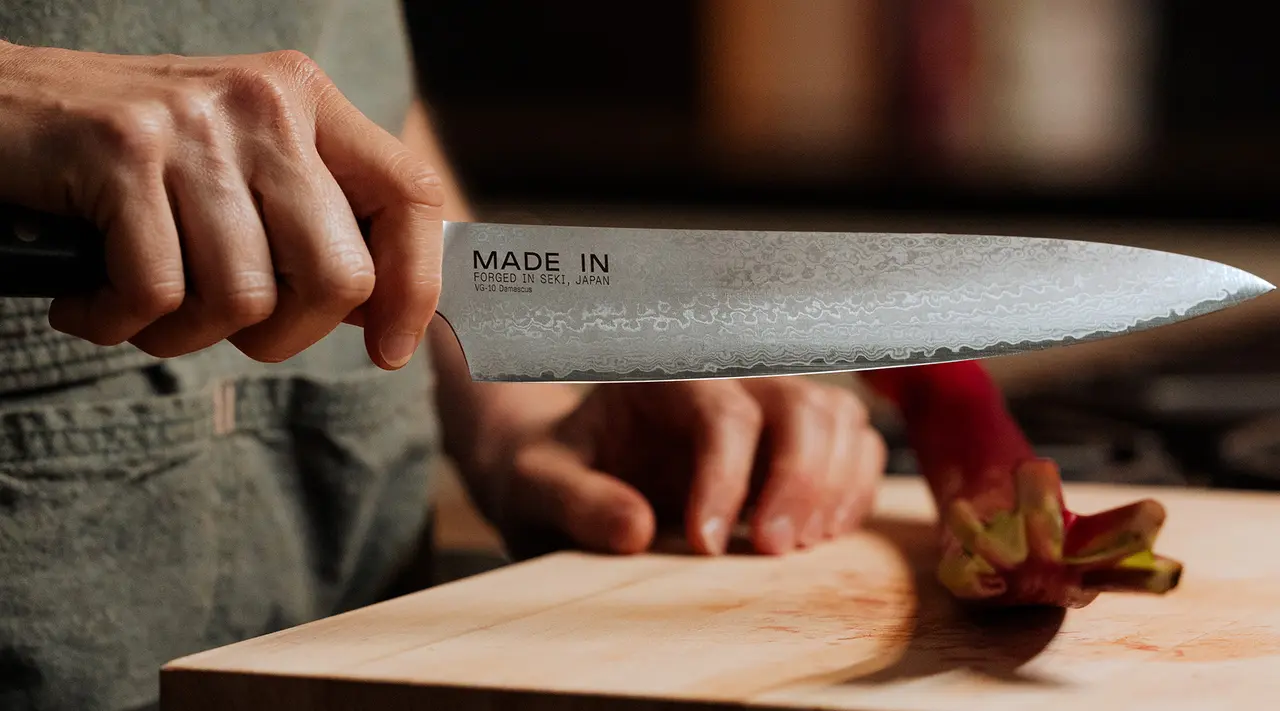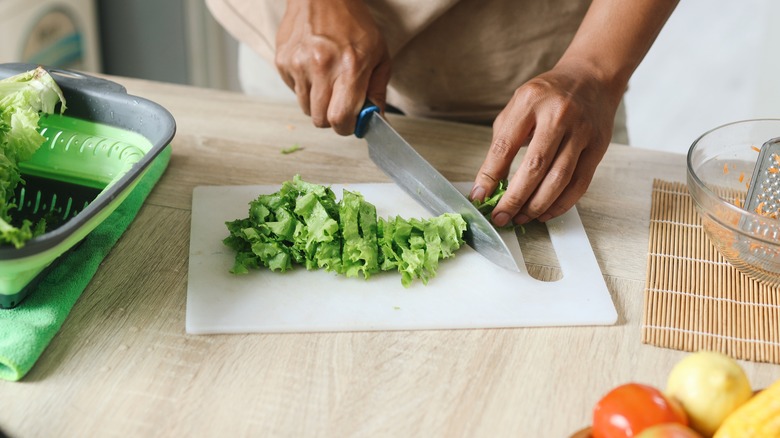In the culinary world, the selection of kitchen tools can significantly impact a chef's performance and learning experience. For aspiring chefs at culinary schools, choosing the right equipment is crucial. Among the vast array of kitchen tools, German knives emerge as a top choice. Known for their durability, precision, and versatility, these knives have found their place in kitchens and cooking schools worldwide.
What makes German knives the preferred choice for culinary institutions? The reasons extend beyond their outstanding craftsmanship; they are steeped in a rich history and offer unparalleled quality, beneficial for both novice chefs and seasoned professionals alike. In this article, we will explore the charm of German knives and understand why they hold such an esteemed position in culinary education.

The Heritage of German Knives
The craft of German knife-making is deeply rooted in both tradition and innovation. Cities like Solingen, renowned as the 'City of Blades,' have been manufacturing cutlery for centuries. This long-standing tradition guarantees that each knife is created with remarkable precision and skill. To learn more about Solingen's captivating history, check out this insightful article.
Constructed from high-carbon stainless steel, German knives are celebrated for their strength and corrosion resistance. The meticulous forging process adds to their durability, making them a trustworthy partner in any kitchen.
Distinct Characteristics of German Knives
Several features distinguish German knives from other kitchen tools:
- Durability: Built to last, German knives are known for their sturdy build, ensuring they can handle the demands of a busy kitchen.
- Precision Cutting: Their exceptional sharpness allows chefs to execute precise cuts effortlessly. Additionally, their fine edge retention minimizes the need for regular sharpening.
- Ergonomic Design: Comfort during extended food preparation is vital. German knives are crafted with ergonomic handles that provide a comfortable grip, effectively reducing hand fatigue.
Why Culinary Schools Favor German Knives
Culinary schools prioritize tools that facilitate effective teaching, and German knives are ideally suited for this purpose. Their optimal balance and weight offer students a steady and controlled cutting experience, crucial for mastering the art of precise cuts.
Furthermore, the adaptability of German knives allows them to perform various tasks, from slicing and dicing to chopping and mincing. This versatility is particularly beneficial in educational settings where students experiment with different cooking methods. For insights into German knife materials, you can read more about handle materials.
Comparing German and Japanese Knives
Both German and Japanese knives are highly regarded in the culinary sphere, yet they cater to different preferences. Japanese knives tend to be lighter with sharper angles, perfect for delicate tasks. In contrast, German knives boast sturdiness and a thicker blade, making them ideal for heftier duties. For a detailed exploration of this comparison, refer to this comparison article.
Maintaining Your German Knives
To ensure the longevity and optimal performance of German knives, proper maintenance is essential. Here are some vital upkeep tips:
- Regular Sharpening: Keeping the knife's edge sharp is important. Utilize a honing steel to realign the blade frequently.
- Hand Washing Only: Refrain from using dishwashers, as they can harm the knife's edge. Hand washing retains the blade's integrity.
- Safe Storage: Store your knives in a dedicated knife block or on a magnetic strip to prevent dullness and avoid accidents.
For further detailed maintenance advice, view these knife care tips.
Conclusion
To conclude, German knives are a vital resource in culinary schools, offering durability, precision, and versatility that surpass other knife types. Their historical significance and superior quality make them the tool of choice for those pursuing culinary education. As cooking schools mold the chefs of the future, the importance of dependable tools like German knives cannot be emphasized enough.

FAQ Section
Are German knives suitable for beginners in culinary schools?
Indeed, German knives are perfect for beginners due to their balance, durability, and user-friendliness, making them excellent for mastering cutting techniques.
How often should German knives be sharpened?
It is advisable to hone your knife frequently with a honing steel and sharpen it every 6-12 months, based on how often you use it.
Can German knives be used for all types of cutting tasks?
Yes, German knives are versatile tools that can manage a wide array of cutting tasks, from slicing and dicing to tackling denser foods, benefiting from their robust build and sharp blade.


























